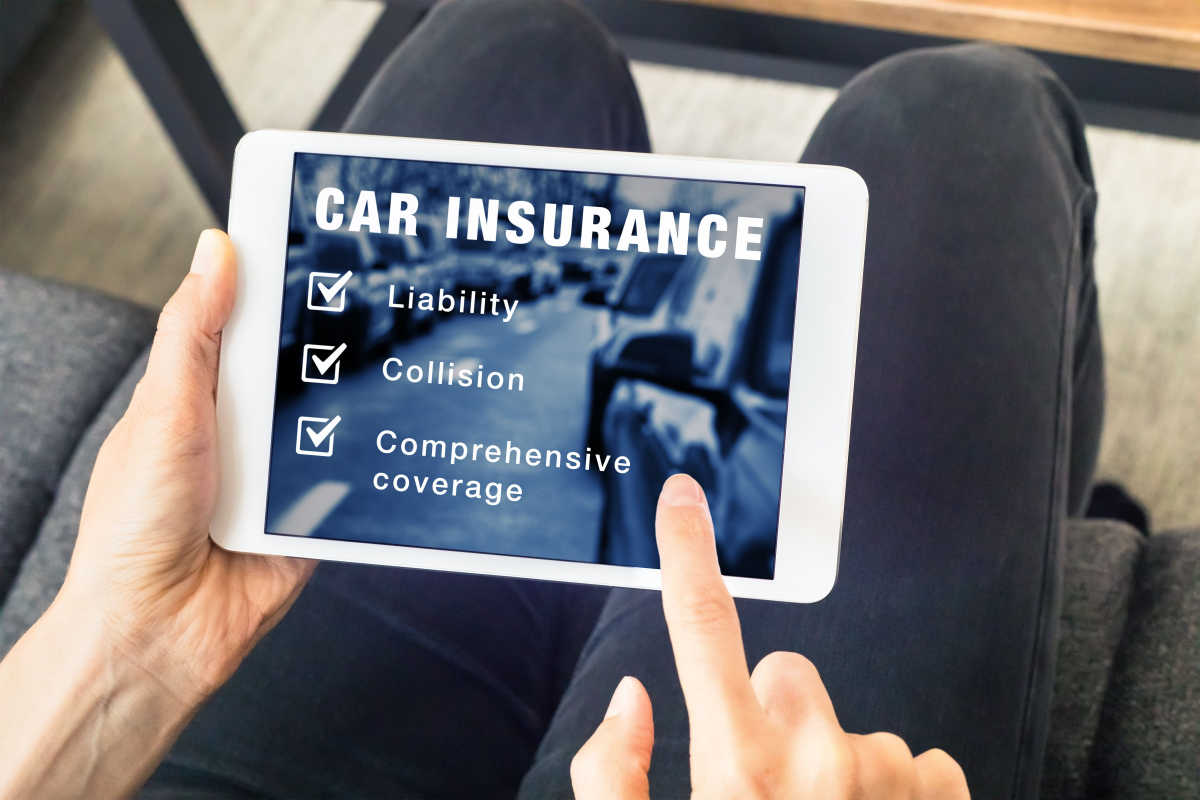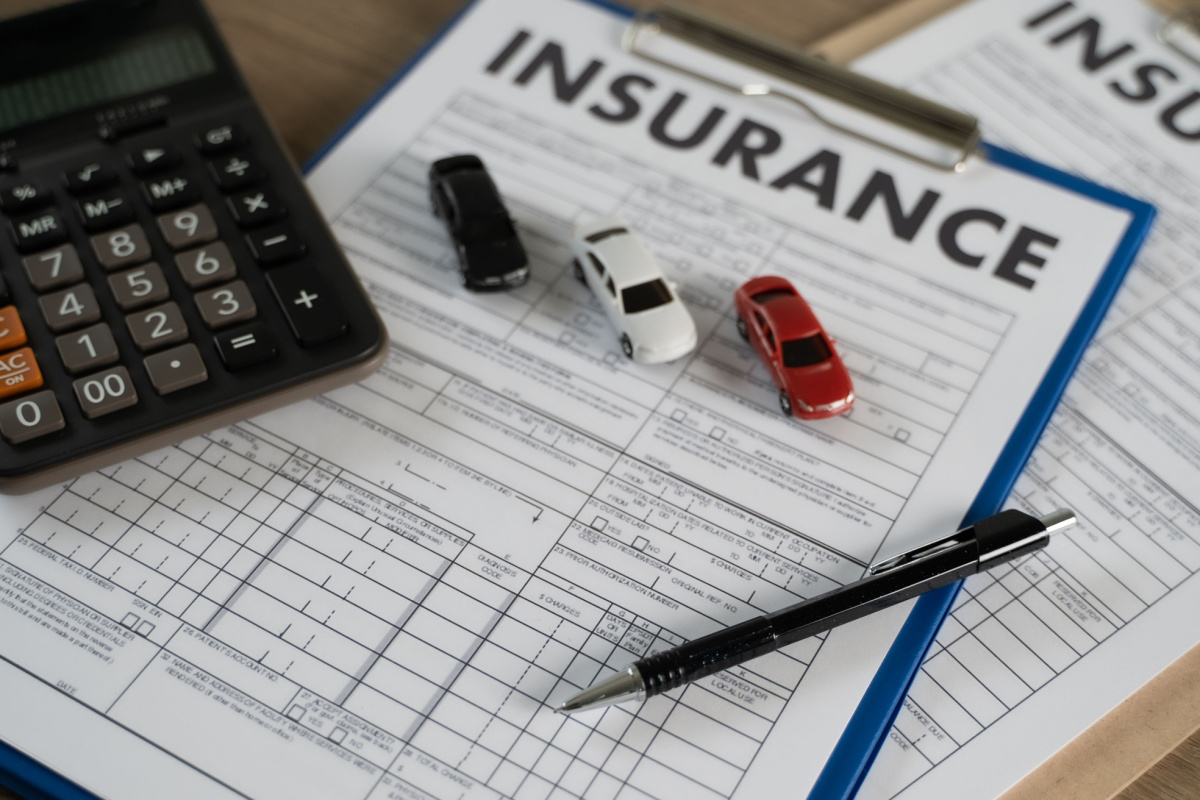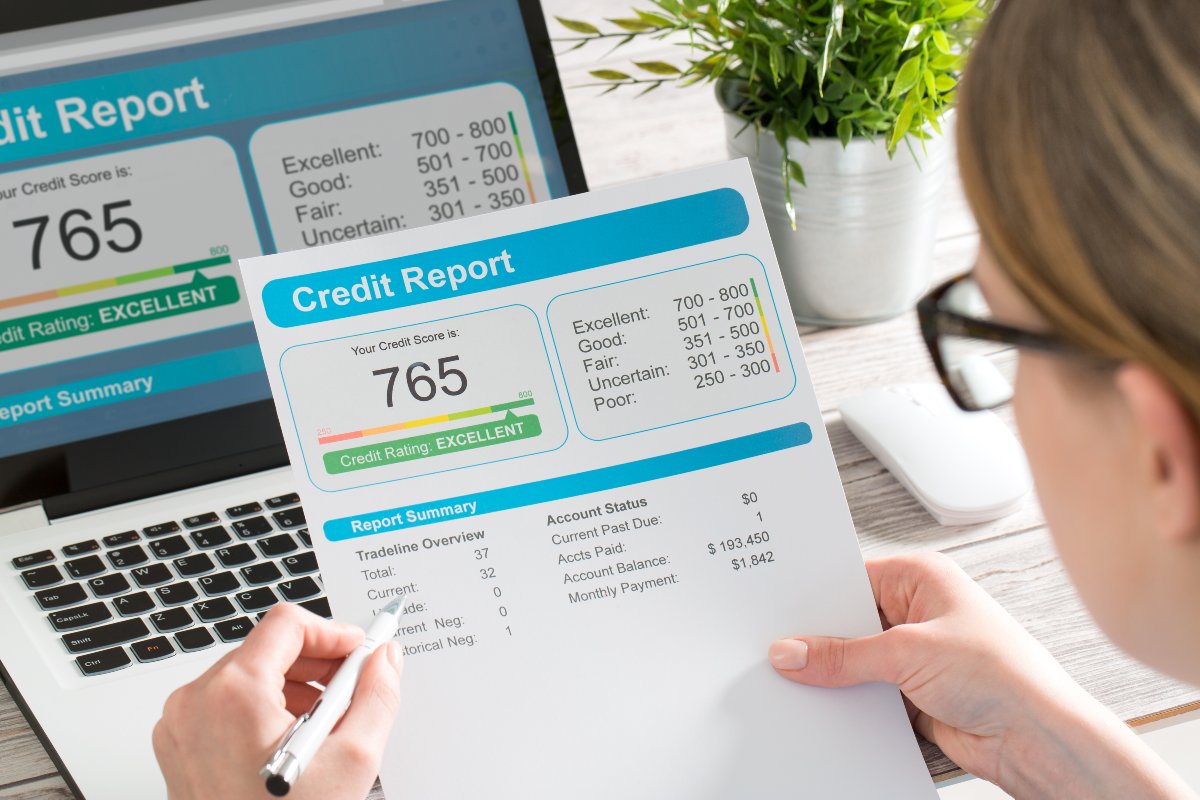What to Do If You Can't Afford Car Insurance
Every year, countless drivers find themselves grappling with car insurance costs. Whether it's due to a sudden financial setback or a steady strain on your budget, the burden of unaffordable car insurance can weigh heavily, prompting a search for viable solutions.
In this guide, we address the immediate steps to take when you can't pay for car insurance and explore strategies to reduce car insurance costs in the long run. Join us as we navigate these challenges, offering a roadmap to keep you financially afloat.
Immediate Steps to Take When You Can't Pay for Car Insurance
Dealing with car insurance payments can be tough, especially when you need money desperately. It’s a situation many of us face at some point: needing to keep our cars insured but struggling with the cost.
Car insurance is legally required in most states except for Virginia and New Hampshire. Therefore, driving without insurance is likely not an option. It can lead to legal issues, including hefty fines and having your license suspended.
 However, if you need help paying auto insurance, here are practical steps you can take to ease the strain on your wallet, all while staying legally compliant:
However, if you need help paying auto insurance, here are practical steps you can take to ease the strain on your wallet, all while staying legally compliant:
Contact Your Insurance Company
The first step is to reach out to your insurance company. It’s better to be proactive rather than waiting for missed payments to accumulate. Insurance companies often have policies in place for such situations and might offer solutions you’re unaware of.
Insurers might allow a payment delay or a grace period, usually between 20 and 30 days, to make your payment before they cancel your coverage. In some cases, insurers may even allow you to temporarily pause your policy if you're experiencing a short-term financial crisis. However, you will not have insurance coverage for your vehicle during this pause.
When contacting your insurer, make sure to explain your current financial situation honestly. For those who need help with car insurance payments, this openness can foster understanding and lead to more sympathetic assistance.
Explore Discounts
Rethinking your policy structure can unlock savings. It’s a balancing act between maintaining necessary coverage and reducing costs.
Don't hesitate to inquire about any discounts you might not be currently taking advantage of. If you’re unable to afford your current car insurance payments, you can explore the following discounts to try and learn how to lower car insurance costs:
- Safe Driver Rewards: If you have a driving record free of accidents and violations and maintain safe driving habits, insurers often offer discounts that can range from 10% to 40%.
- Low Mileage Discounts: If you drive significantly less than the average driver, typically between 5,000 and 15,000 miles per year, you may qualify for a low mileage discount of 5% to 15%.
- Multiple Policy Reductions: Bundling multiple policies like home and auto with the same company can lead to savings of about 8% to 25%.
- Good Student Discounts: Young drivers maintaining a good academic record can see discounts ranging from 8% to 25%. This is often offered for full-time students with a GPA of 3.0 or higher.
- Defensive Driving Course Discounts: Completing an approved defensive driving course offered by the insurer can typically net you a discount of about 5% to 10%.
Change Your Deductible
Tweaking the finer details of your policy can also lead to savings. A higher deductible can significantly lower your premiums. The deductible is the out-of-pocket expense you pay after filing a claim. Once your deductible is paid, the insurance company will cover the remaining cost of the damage.
If you increase your deductible from $500 to $1,000, for example, you might see a reduction in your premium by up to 20%. However, before you adjust your deductible, ensure that you are able to cover the cost of the deductible. If you cannot meet this out-of-pocket expense, the insurance company likely won’t be willing to cover the damages.
Need Assistance with Car Insurance Payments? Explore Our Loan Options Now
Understand Insurance Policy Terms
When dealing with car insurance, being familiar with your policy’s terms can greatly influence your financial and legal standing, especially during challenging times. If you need help with car insurance payments, it’s valuable to know what happens if your policy is canceled and the risks involved in driving uninsured.
 Let’s explore these areas to give you a clearer picture.
Let’s explore these areas to give you a clearer picture.
Auto Insurance Cancellation and Non-Renewal Consequences
If your insurance policy is canceled due to non-payment, the repercussions can be serious. Here’s what may happen:
- Immediate Loss of Coverage: The most immediate effect is that you lose your insurance coverage. This means you’re no longer protected in case of an accident.
- Higher Premiums in the Future: Getting a new policy after cancellation can be more expensive. Insurers may view you as a high-risk customer, leading to higher premiums.
- Lapse in Coverage Penalties: Some states penalize lapses in coverage, which could mean additional fines or surcharges when you try to get insured again.
- Credit Score Impact: Insurance cancellation can sometimes negatively affect your credit score, making it harder to get affordable rates in the future.
Legal Penalties for Driving Without Insurance
Driving without insurance is not only illegal in most states but also brings a range of significant penalties. These consequences vary depending on where you live and how many times you’ve been caught without insurance.
First, fines are a common penalty. Depending on the state and the number of times you’ve been caught, fines can range from a few hundred to several thousand dollars. In addition, your driver’s license could be revoked.
In more severe scenarios, your vehicle could be impounded. And for those who repeatedly offend or find themselves in serious violations, jail time is a possibility. Beyond these direct consequences, if you’re involved in an accident while uninsured, you’re personally responsible for all damages, which can lead to significant financial burdens.
Long-Term Strategies for Reducing Car Insurance Costs
After exploring immediate and practical steps to help with car insurance payments, it’s wise to also consider long-term strategies. These approaches aim to reduce your car insurance costs over time. Here are some tips if you need help with car insurance payments:
Compare Insurance Rates
One of the most effective ways to reduce your premium is to regularly compare rates from different insurers. Don’t settle for the first quote you receive. Shop around and compare offers from several insurance companies.
Utilize comparison websites for a quick overview of different insurers’ rates. For more tailored quotes, visit individual insurers’ websites. When comparing, look beyond just the price. Consider the specifics of coverage, including liability limits and additional benefits like roadside assistance. Assess deductible amounts and understand how they affect premiums and out-of-pocket costs.
Shop for a New Policy
Shopping for a new policy offers an opportunity to reassess your car insurance needs and costs. The most common types of coverage include:
- Liability Insurance – required in most states, which covers damage to others in accidents when you’re at fault.
- Collision Insurance – optional, which covers damage to your vehicle in accidents.
- Comprehensive Insurance – optional, which covers non-collision damage like theft and natural disasters.
- Uninsured/Underinsured Motorist Protection – optional, which covers costs associated with injuries or damage you incur in an accident caused by another driver who lacks sufficient insurance.
When selecting coverage, consider factors like your vehicle’s value, state minimum requirements, and personal risk factors like area crime rates and driving frequency.
For those struggling with car insurance payments, opting for minimum state-required coverage, usually liability-only protection, can reduce costs. The national average for liability-only coverage is approximately $685 for a good driver with good credit. By switching to minimum coverage, you could be saving about $290 on collision coverage and $134 on comprehensive coverage annually.
Improve Your Credit Score
Your credit score can significantly impact your insurance rates. In fact, most states except for California, Michigan, Massachusetts, and Hawaii use credit to calculate your car insurance quotes. Therefore, improving your credit score can lead to more favorable insurance premiums.
 To help you improve your credit, start by consistently paying your bills on time. Additionally, lowering your overall debt can positively affect your credit score, which in turn can help you get better insurance rates. Regularly review your credit reports for errors and dispute any inaccuracies with the credit bureaus.
To help you improve your credit, start by consistently paying your bills on time. Additionally, lowering your overall debt can positively affect your credit score, which in turn can help you get better insurance rates. Regularly review your credit reports for errors and dispute any inaccuracies with the credit bureaus.
The Benefits of Pay-Per-Mile Insurance
Pay-per-mile insurance is an increasingly popular option for drivers who use their vehicles less frequently. This type of policy allows you to pay insurance premiums based on the actual distance you drive rather than a flat rate. Opting for pay-per-mile insurance can offer the following benefits:
- Cost-Effectiveness: Your premium is based on how much you drive. The less you drive, the less you pay, making it ideal for drivers who want to save on car insurance.
- Transparency in Billing: You pay for what you use. This clear connection between driving habits and insurance costs adds transparency to your insurance bills.
- Easy Monitoring: With most pay-per-mile insurers providing apps or online tools, it’s easy to monitor your driving and control your insurance costs.
Consider Alternative Transportation
If you're looking to cut down on car insurance costs further, considering alternative modes of transportation can be a smart move. Using public transit, carpooling, or even biking for your daily commute can reduce the amount you drive. For occasional longer trips, opting for ride-sharing services could be more cost-effective than maintaining a car that's rarely used.
The Bottom Line: Navigating Financial Challenges with Car Insurance
In the journey through life’s financial challenges, managing car insurance costs is a common roadblock for many drivers. But by understanding your policy, exploring discounts, and adjusting coverage, you’ll be equipped to navigate these waters more confidently. Drive safe, stay informed, and take control of your car insurance costs.





